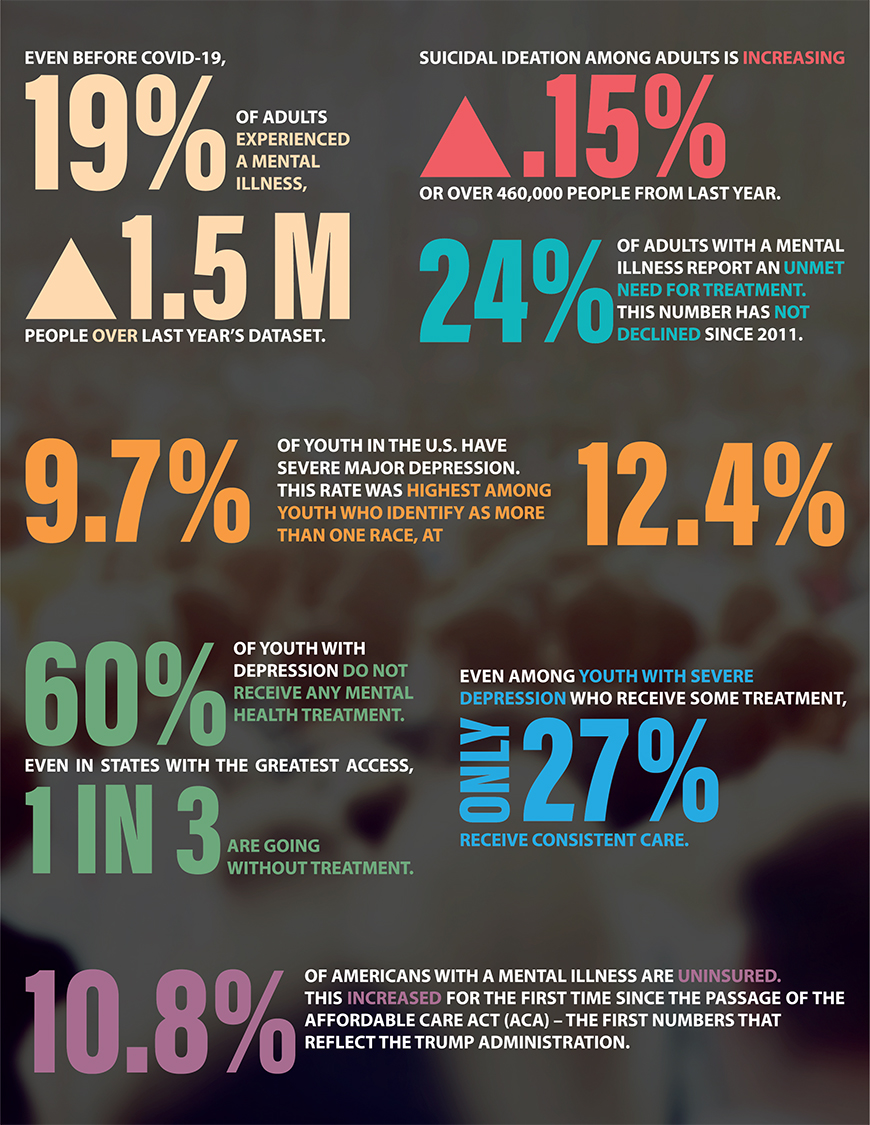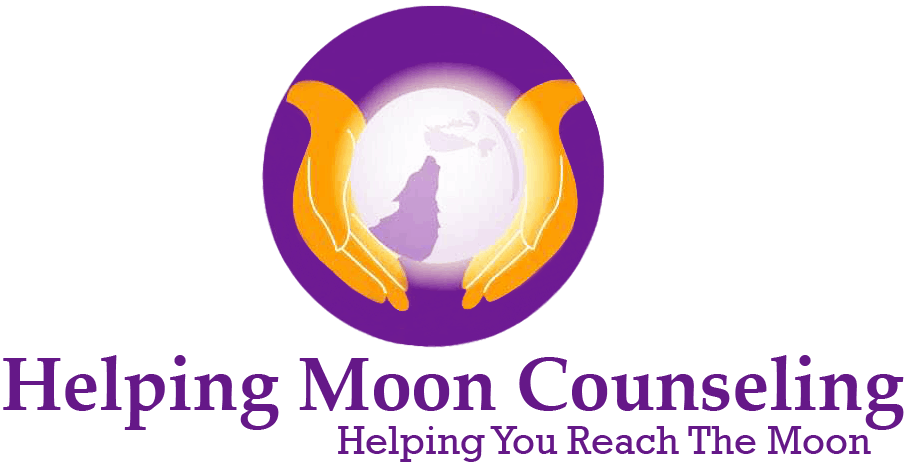Student Depression Rates Are Rising—Recognize the Signs

Today, the rates of depression are rising amongst students. Many students find themselves overwhelmed with work and other extracurricular activities. They might be worried about their futures and fear that their hard work won’t pay off. Some have trouble adjusting to their school’s social life and struggle to connect with friends.
If you are a student, and you’ve been feeling down for quite some time, you might wonder if your symptoms are warning signs of depression. Or perhaps you have a friend whose behavior is causing you to feel concerned about their wellbeing, are a parent of a student, or are even a teacher noticing something is up. Knowing what to look for can be a huge help.
Keep in mind that based on the recent statistics from Mental health America you between the ages of 12-17 report suffering from at least one major depressive episode, that is 13.84% of youth. You can read more on their website.
Here are a few common symptoms of depression amongst students.
Loss of Passion for Interests
Maybe you were passionate about your classes when you started school. You might have had a deep, enduring interest in art, music, history, biology, or math. At first, you enjoyed your studies – but over time, you became so bogged down by work and other obligations that you found your interest waning.
Perhaps you find it hard to motivate yourself to even attend classes. A loss of interest in subjects or activities that you were previously passionate about can be a symptom of depression.
Slipping Grades
Maybe you were always a good student. But the pressures of school have been getting to you. Previously, it was easy to keep up with your assignments, and you generally earned good grades.
But perhaps a lack of energy has affected your ability to get your work done on time. Or maybe circumstances in your life outside of school have taken a toll on your mental health, and you’re finding it hard to focus on your schoolwork.
If your grades have been slipping, it could be an indicator that you’re dealing with depression.
Staying Too Busy
It’s easy to associate student depression with a lack of motivation or drive – but this isn’t always the case. Sometimes, a student will bury themselves in work and try to stay busy all the time in order to avoid dealing with their emotions.
Perhaps you’ve been keeping your schedule packed on purpose, and you find that when you have a second to breathe, you almost feel uncomfortable. While this might not seem like a sign of depression, it definitely can be.
For a while, keeping yourself busy can feel like an escape from your problems, but in the long run, it can worsen your symptoms and cause burnout.
Disconnecting From Relationships
Maybe you haven’t seen one of your close friends in weeks. Every time you reach out, they seem to be unavailable. Or perhaps you find it difficult to socialize now, when you used to have a supportive social circle. You feel bad for spending so little time with your friends, but you’re not sure if they would truly understand what you’re going through.
When they text you, you tend to ignore it, and even if they stop by to visit, you don’t always answer. Disconnecting from relationships and struggling with isolation is a widespread sign of depression.
Disorganization
You always tried to keep your dorm or room tidy – but lately, you haven’t had the energy to clean up. Or maybe it isn’t your room or your physical belongings that are disorganized, but your schedule.
Maybe you struggle to write down everything you need to do in your planner, and you find yourself forgetting appointments or study sessions because you genuinely forgot that you had any obligations. Sometimes disorganization and forgetfulness can be symptoms of depression.
—
If you are a student struggling with depression, it’s okay to seek help. Talking to a therapist can give you space to heal. If you notice someone else struggling, it may be time to talk to them about getting help.
Reach out to us today to discuss your options for scheduling your first session or to learn more.
